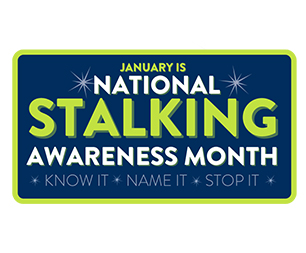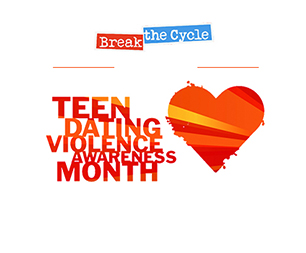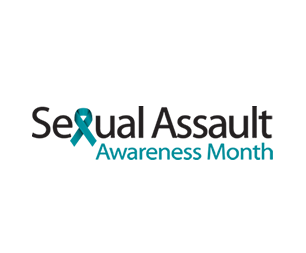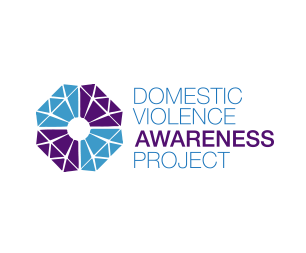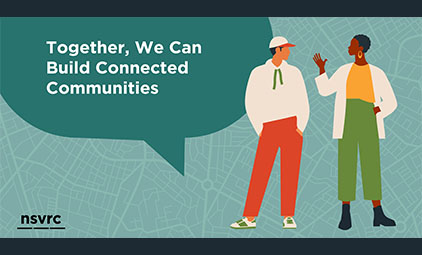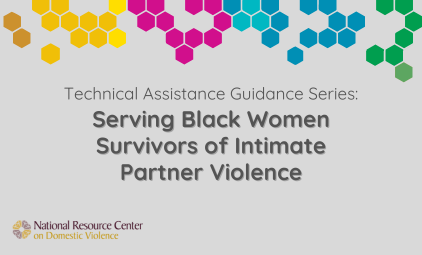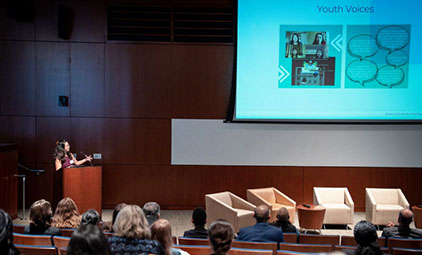New federal rules on the sharing of health care information/data went into effect in April 2021. Stemming from the CURES Act, these rules were put in place to stop the practice of “information blocking” and to promote better coordination of care. The rules require that requests for electronic health information, including most clinical notes, should be acted on and the information requested be shared between providers. These rules specify that the sharing of clinical notes must not be blocked form information exchanges unless an exception applies or there is a good reason why the information will not be shared.
For survivors of domestic and intimate partner violence—and the providers who serve them—these new rules raise serious concerns about how survivors’ health data will be shared, under what circumstances, and who can have access to the sensitive health information. Above all, survivors must maintain control over how their personal health care information is shared, and sensitive information must never be shared.
While the new federal rules contain exemptions for preventing harm and for maintaining privacy that will help support survivor privacy and confidentiality, a clear understanding of what the new rules mean and what the best practices are for providers will be critical.
This session will provide an overview of the new rules, explore how exemptions can be used to protect the confidentiality of survivor data, offer a space for questions, and consider promising practices for healthcare providers.










